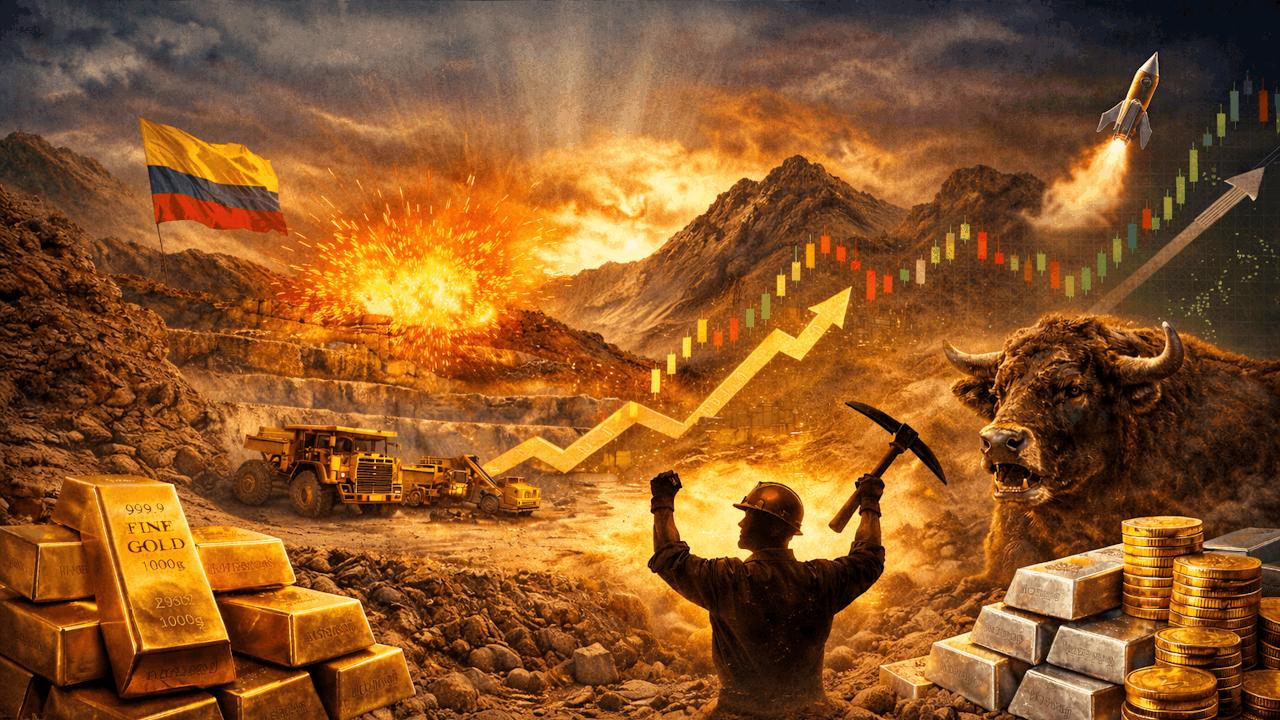Buy Low, Sell High
It's harder than we think… (Instock, New York)
By Marvin vanBolt
New York City - May 23 - Oh, how soon we forget. Not too long ago, the stock market was roaring to record levels, lifting shares of the greatest companies in the world to ever-higher prices.
At $110 Microsoft (NASDAQ:MSFT), looked more dominant than the Roman Empire. Mention the remote chance of a breakup, and everyone -- analysts, journalists, even your brother-in-law -- could quickly recite the history of such events. "Standard Oil," they would say "gave birth to the likes of Exxon, Mobil, Amoco and Chevron in 1911 when the FTC forced a breakup of the company. And John D. Rockefeller, founder of Standard Oil, made more money in retirement than during his working life as the parts became worth more than the whole." We all remember the separation of AT&T's business into all of those wonderful baby bells -- companies that made shareholders very wealthy.
Oh, the promises we made to ourselves. "If that stock ever comes down, I will buy and hold forever!" But for some reason, at today's price of $64 -- more than 45% below its high -- Microsoft just doesn't seem like such a great investment anymore. (Didn't some analyst recently say earnings growth is going to slow?)
Who remembers Qualcomm (NASDAQ:QCOM) when it was trading above $160 per share? Investment gurus told us that it was to become a combination of both Microsoft and Intel in the wireless age. Much as Microsoft collects royalties from its operating system, virtually every time a PC is sold, Qualcomm's patents on CDMA -- the standard on which almost all US cell phones operate -- produces a growing royalty stream. And like Intel dominates sales of microchips in PCs, Qualcomm makes 90% of the chips that run wireless CDMA networks… Even so, at $84 per share, the stock just doesn't look like a sure thing any longer.
Maybe we really should not buy yet. Maybe we should just wait until these shares reach another all-time high. It's hard to explain why, but by then they probably won't seem nearly as risky.
It's harder than we think… (Instock, New York)
By Marvin vanBolt
New York City - May 23 - Oh, how soon we forget. Not too long ago, the stock market was roaring to record levels, lifting shares of the greatest companies in the world to ever-higher prices.
At $110 Microsoft (NASDAQ:MSFT), looked more dominant than the Roman Empire. Mention the remote chance of a breakup, and everyone -- analysts, journalists, even your brother-in-law -- could quickly recite the history of such events. "Standard Oil," they would say "gave birth to the likes of Exxon, Mobil, Amoco and Chevron in 1911 when the FTC forced a breakup of the company. And John D. Rockefeller, founder of Standard Oil, made more money in retirement than during his working life as the parts became worth more than the whole." We all remember the separation of AT&T's business into all of those wonderful baby bells -- companies that made shareholders very wealthy.
Oh, the promises we made to ourselves. "If that stock ever comes down, I will buy and hold forever!" But for some reason, at today's price of $64 -- more than 45% below its high -- Microsoft just doesn't seem like such a great investment anymore. (Didn't some analyst recently say earnings growth is going to slow?)
Who remembers Qualcomm (NASDAQ:QCOM) when it was trading above $160 per share? Investment gurus told us that it was to become a combination of both Microsoft and Intel in the wireless age. Much as Microsoft collects royalties from its operating system, virtually every time a PC is sold, Qualcomm's patents on CDMA -- the standard on which almost all US cell phones operate -- produces a growing royalty stream. And like Intel dominates sales of microchips in PCs, Qualcomm makes 90% of the chips that run wireless CDMA networks… Even so, at $84 per share, the stock just doesn't look like a sure thing any longer.
Maybe we really should not buy yet. Maybe we should just wait until these shares reach another all-time high. It's hard to explain why, but by then they probably won't seem nearly as risky.
